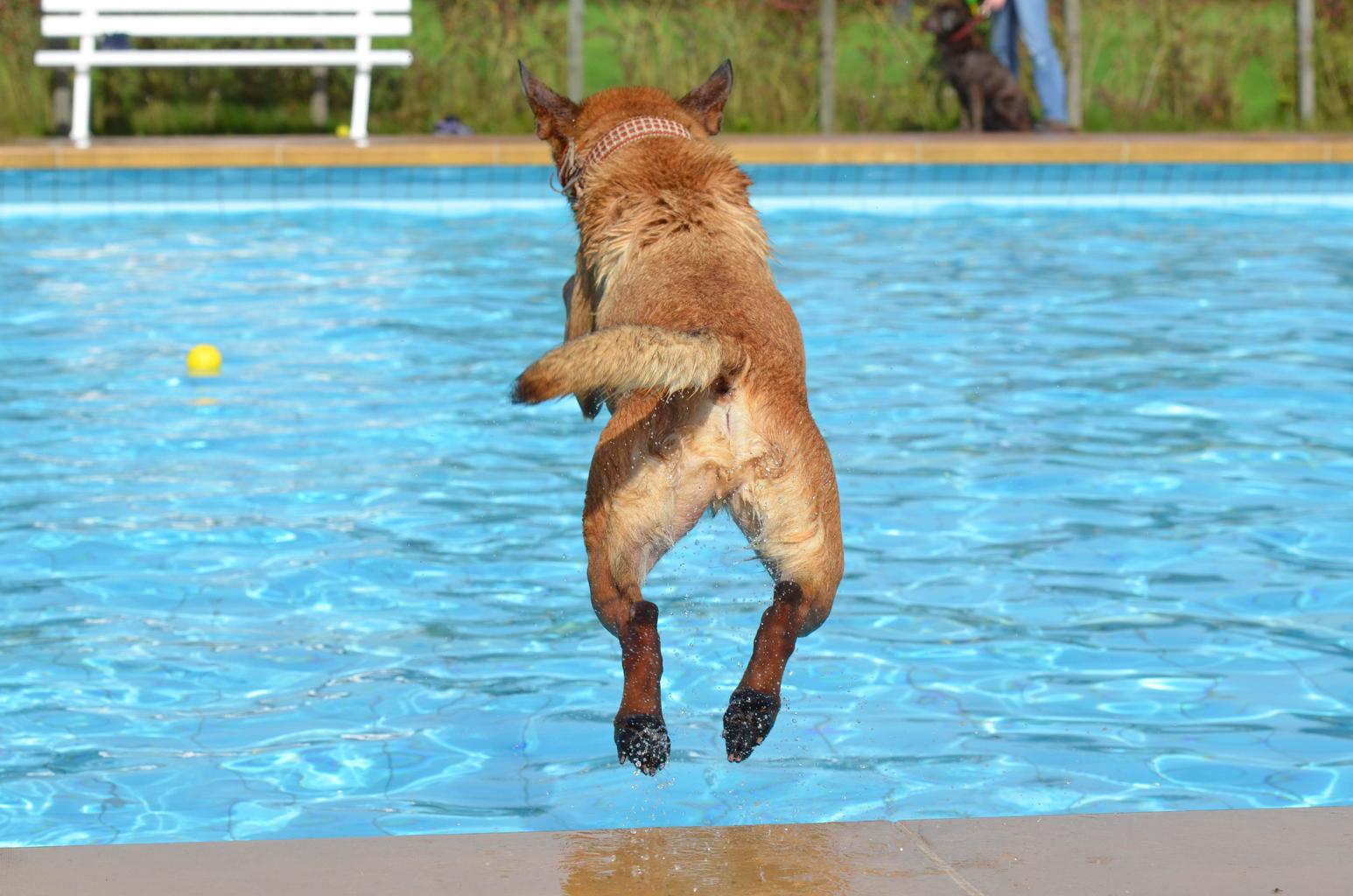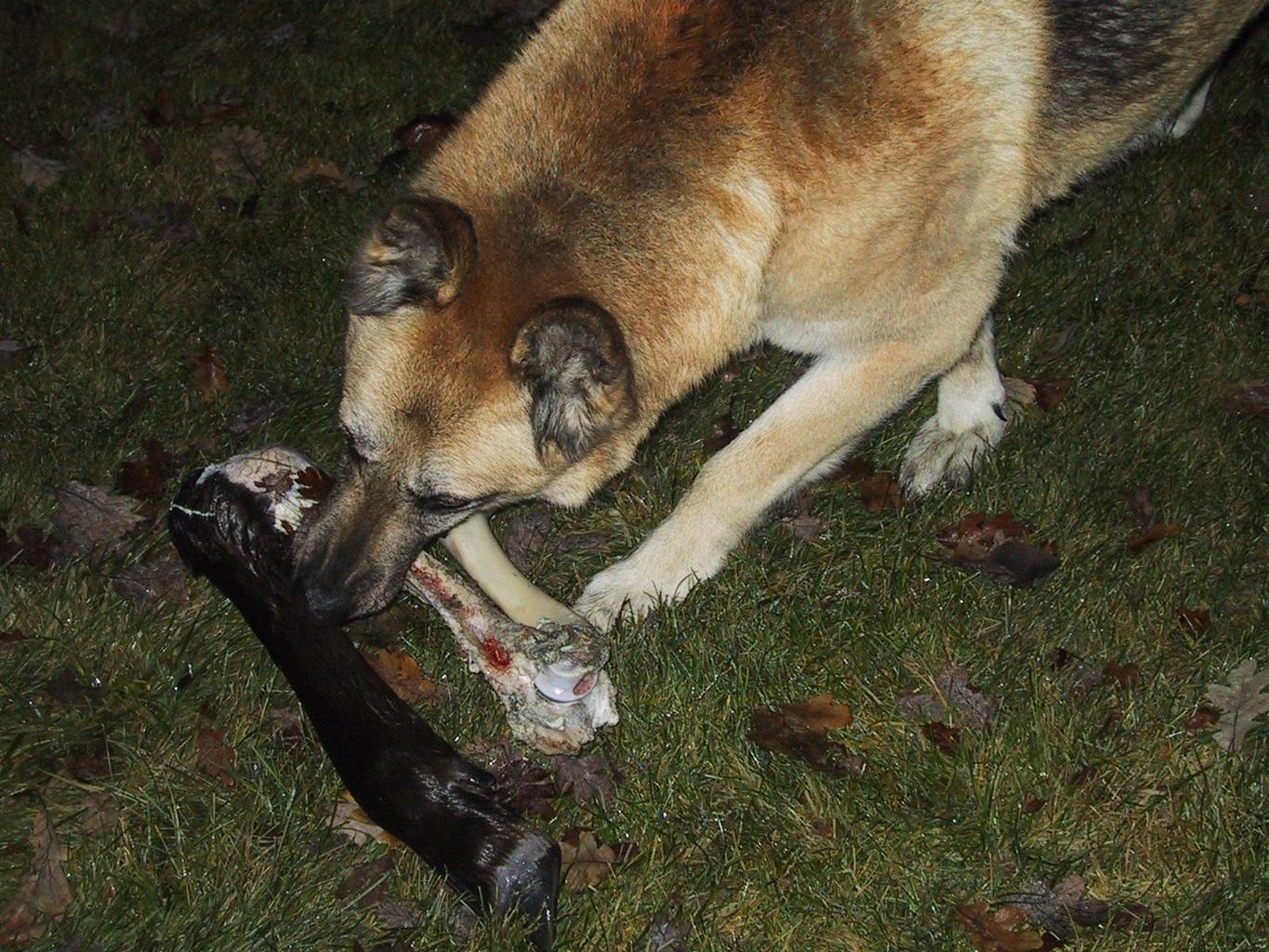Dog lovers know that their furry friends are more than just pets – they’re part of the family. And like any family member, we want our pups to be happy, healthy, and comfortable. One aspect of canine care that is often overlooked is dental health. Just like humans, dogs can suffer from a range of dental issues, from bad breath to serious infections. But with a few simple tips and tricks, you can keep your pup’s teeth in top shape.
Give Your Pup a Bright Smile: Tips for Healthy Teeth
First and foremost, regular brushing is key to maintaining healthy teeth and gums. It’s best to start brushing your dog’s teeth when they’re still a puppy, but even adult dogs can learn to tolerate it with patience and practice. Use a soft-bristled brush and dog-specific toothpaste (never use human toothpaste, which can be toxic for dogs). Don’t worry if your pup doesn’t love the experience at first – just make it a routine part of your grooming routine.
In addition to regular brushing, there are several other things you can do to promote dental health. Provide your dog with plenty of chew toys, which can help remove plaque and tartar buildup. Avoid giving your dog hard, solid treats that can damage their teeth. Instead, opt for softer, chewy treats that can actually help clean their teeth as they eat. And finally, make sure your pup gets regular checkups with their veterinarian, who can identify any dental issues early on.
From Tartar to Sparkling Whites: Solutions for Doggie Dental Woes
Despite your best efforts, your dog may still develop dental issues. One common problem is tartar buildup, which can lead to bad breath, gum disease, and tooth decay. If your pup has a lot of tartar buildup, a professional cleaning may be necessary. This involves putting your dog under anesthesia and using specialized tools to remove the tartar from their teeth. Your vet may also prescribe antibiotics or pain medication if necessary.
Another dental issue that can plague dogs is broken or infected teeth. These can be caused by chewing on hard objects, trauma to the mouth, or simply aging. If you notice your dog has a broken or discolored tooth, or they seem to be in pain when eating or drinking, it’s important to get them to the vet right away. Depending on the severity of the issue, treatment may involve anything from a simple extraction to root canal therapy.
In conclusion, your dog’s dental health is an important aspect of their overall wellbeing. By following these tips and keeping an eye out for any potential issues, you can help your pup maintain a bright, healthy smile for years to come. And remember, a little bit of dental care now can save you and your furry friend a lot of trouble (and money) down the line.







